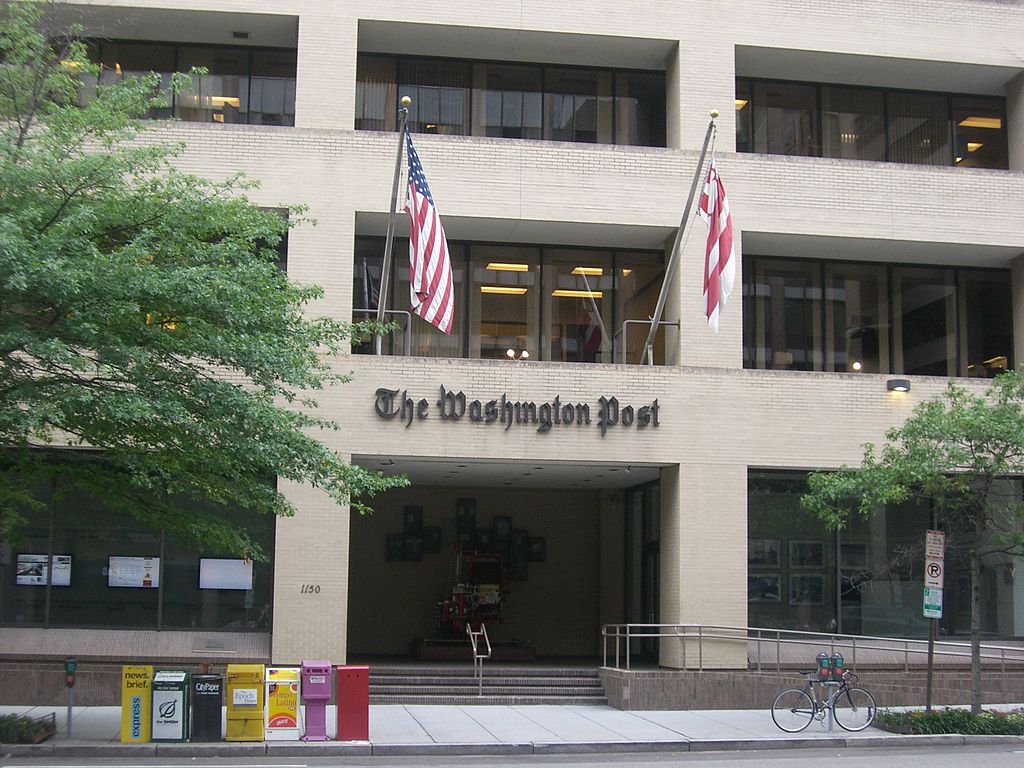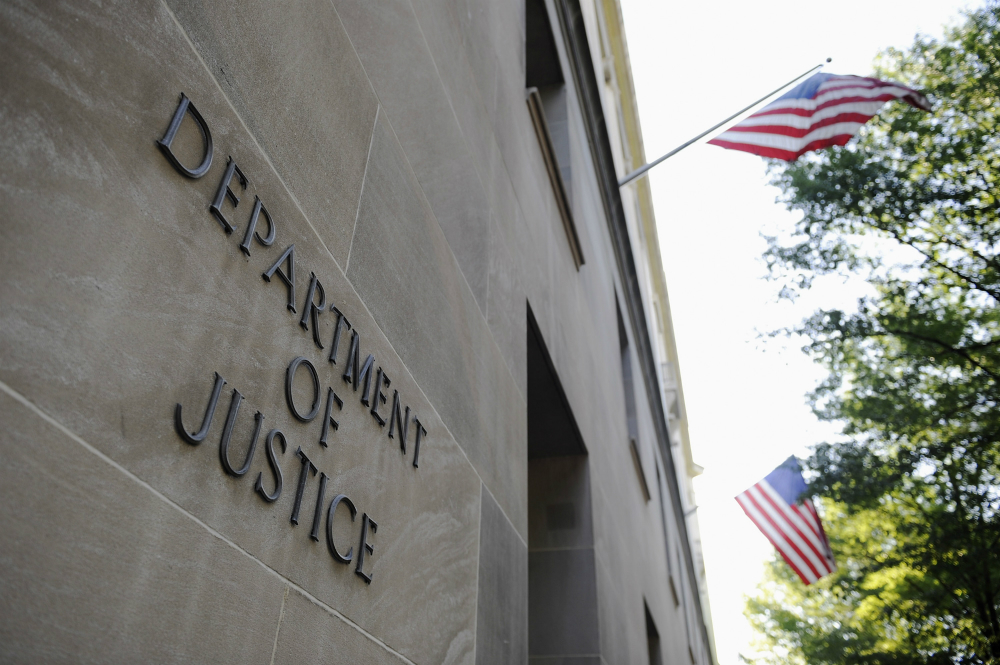Canada’s amended Online News Act favors CORPORATE MEDIA
12/28/2023 / By Arsenio Toledo

Canada’s liberal government has amended its new online censorship law to favor the corporate media.
The law in question, Bill C-18, otherwise known as the Online News Act, was originally meant to force major digital news intermediaries like Google and Facebook parent company Meta into striking commercial deals with news publishers, paying them for their content showing up on their search engines or social media platforms. (Related: Canada has its own RESTRICT Act called Bill C-11 that “is simply the Trudeau Liberals’ takeover of the internet,” warns leading pro-life group.)
A company refusing to comply with the Online News Act can be fined. A first offense can merit a fine of up to CA$10 million ($7.49 million). Subsequent offenses carry a penalty of up to CA$50 million ($37.47 million).
On Nov. 29, Ottawa announced that Google agreed to provide the Canadian news industry CA$100 million ($74.95 million) annually, indexed to inflation, for their news stories showing up on Google searches. Some stipulations were made for this money pool. Two-thirds of this fund will go to written media outlets like legacy newspapers. Canada’s public broadcaster, the Canadian Broadcasting Corporation, will receive no more than seven percent of this pool. The remaining approximately 30 percent will go toward broadcasters, who will be responsible for distributing the money among themselves.
Following this development, Minister of Canadian Heritage Pascale St-Onge agreed to make significant changes to Bill C-18. One of them is changing how much news companies will receive. The amount a company will receive from Google’s CA$100 million ($74.95 million) money pool will now be determined by how many full-time employees each company has.
Writing for Reclaim The Net, Didi Rankovic pointed out how this move was deliberately made by the Canadian government to make sure that independent news outlets benefit the least from Bill C-18.
“The authorities will now be directly involved – and the method means that those with fewer employees will benefit the least – to the point of some small outfits, including ethnic ones which were supposed to be propped up [by the bill], not benefiting at all, while corporations take most of the money coming in,” wrote Rankovic.
Meta stands its ground, continues banning news links on Canadian Facebook and Instagram
But it appears that the Canadian government is unable to reach such an agreement with Meta, which has called the law “fundamentally flawed” and has continued to block news links from popping up on Canadian Instagram and Facebook, taking a significant toll on traffic and discoverability for news publishers, especially for small and startup publications.
“We will continue to push Meta, that makes billions of dollars in profits [annually], even though it is refusing to invest in the journalistic rigor and stability of the media,” said Trudeau in a statement to reporters.
Meta has argued that the bill misunderstands how the internet works and has said that it does not profit from news content showing up on its social media platforms. This ongoing dispute has reportedly harmed the circulation of Canadian news.
One recent study by the Media Ecosystem Observatory out of McGill University in Quebec and the University of Toronto found that views of Canadian news on Facebook dropped by 90 percent since Meta took off links to news sites on Canadian Facebook. Local news outlets have been hit the hardest by this.
“The loss of journalism on Meta platforms represents a significant decline in the resiliency of the Canadian media ecosystem,” warned Taylor Owen, a McGill researcher and the co-author of the study.
Watch this clip of a Canadian journalist describing how the Canadian TV channel she used to work for self-censored itself when it fired her for speaking up for the people of Palestine.
This video is from the Contrarian channel on Brighteon.com.
More related stories:
U.K. gov’t departments are SECRETLY MONITORING critics on social media and BLACKLISTING them.
Rep. Issa: Big Tech still playing the CENSORSHIP game on social media.
House report reveals how federal government CENSORED conservative views online.
Sources include:
Submit a correction >>
Tagged Under:
banned, big government, Big Tech, Bill C-18, Canada, Censored, Censorship, Facebook, Google, mainstream media, meta, news, Online News Act, search engines, Social media, speech police, Suppressed, tech giants
This article may contain statements that reflect the opinion of the author
RECENT NEWS & ARTICLES
COPYRIGHT © 2018 SPEECHPOLICE.NEWS
All content posted on this site is protected under Free Speech. SpeechPolice.news is not responsible for content written by contributing authors. The information on this site is provided for educational and entertainment purposes only. It is not intended as a substitute for professional advice of any kind. SpeechPolice.news assumes no responsibility for the use or misuse of this material. All trademarks, registered trademarks and service marks mentioned on this site are the property of their respective owners.


















